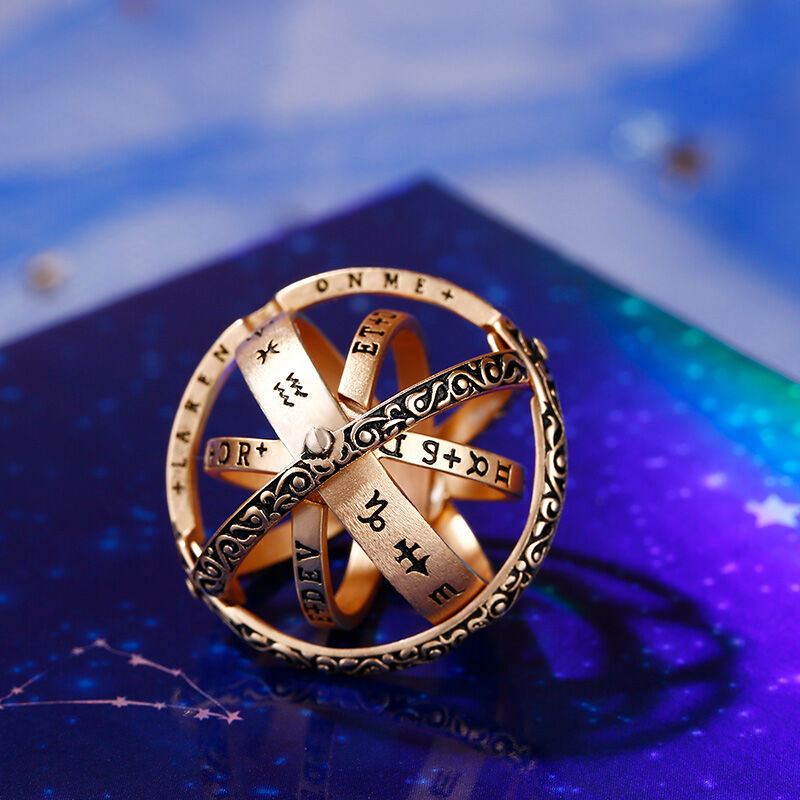Anxiety is a common mental health issue that affects millions of people worldwide. It is characterized by excessive worrying, nervousness, and fear, often triggered by stressful situations or events. In recent years, fidget rings have gained popularity as a potential tool to help manage anxiety. But do these stylish accessories really work? In this article, we’ll take a closer look at the science behind fidget rings and explore their effectiveness in reducing anxiety symptoms.
The Science Behind Fidget Rings
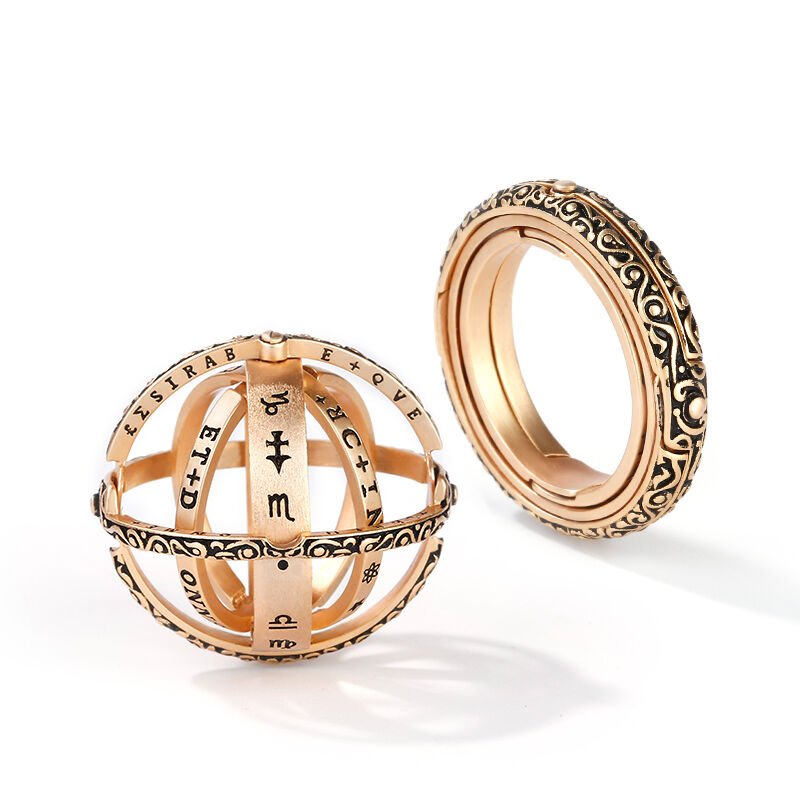
Fidget rings are designed to provide a discreet and stylish way to keep your hands busy when you’re feeling anxious or stressed. These rings typically feature a movable component, such as a spinning or twisting element, that allows you to fidget with your hands without drawing too much attention.
The concept of using fidget toys to manage anxiety is rooted in the theory of stimming, or self-stimulatory behavior. Stimming involves repetitive movements or actions that help individuals regulate their emotions and sensory input. For some people with anxiety, engaging in these repetitive movements can help calm their nerves and provide a sense of comfort and control.
Studies on Fidget Toys and Anxiety
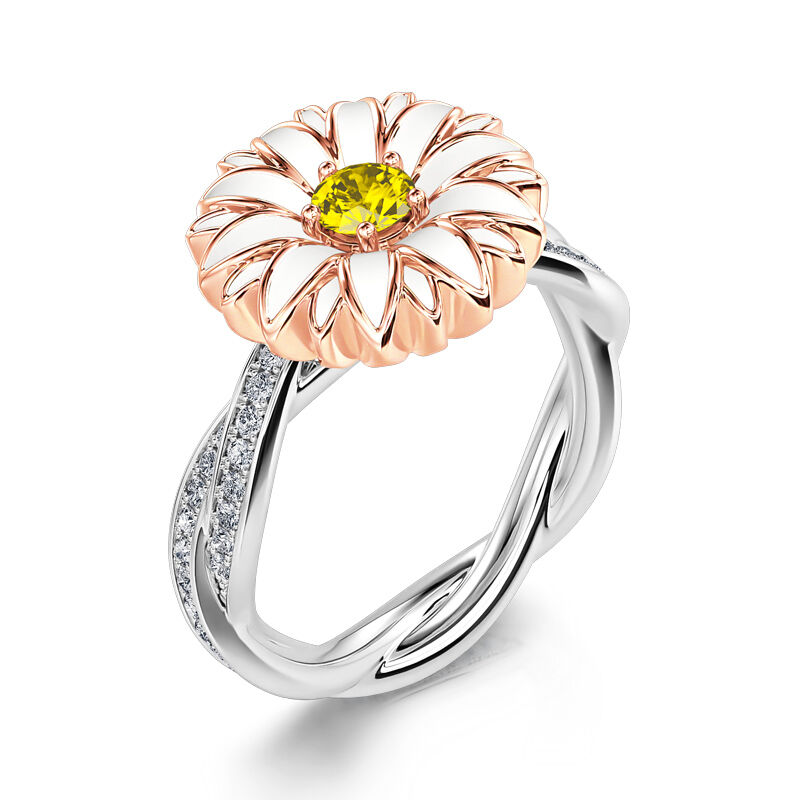
While there is limited research specifically on fidget rings and anxiety, there have been several studies on the effectiveness of fidget toys in general. A 2015 study published in the Journal of Abnormal Child Psychology found that children with ADHD who used fidget toys while completing cognitive tasks demonstrated improved attention and performance compared to those who did not use fidget toys.
Another study published in 2016 in the journal PeerJ found that fidgeting with a stress ball reduced anxiety levels in college students during a stressful exam. The researchers concluded that engaging in fidgeting behavior may help reduce anxiety by providing a sense of control and a physical outlet for nervous energy.
Although these studies focused on different types of fidget toys, they suggest that engaging in repetitive movements can have a calming effect on individuals experiencing anxiety. It is plausible that fidget rings, which provide a similar type of stimulation, could also help reduce anxiety symptoms.
Real-Life Experiences
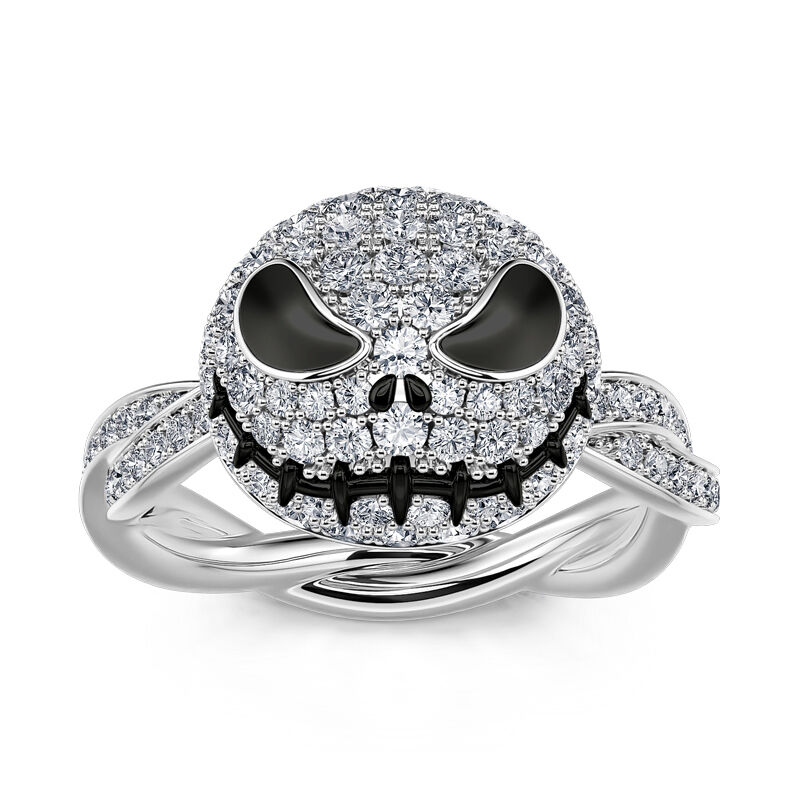
While scientific research on fidget rings and anxiety is limited, many people who use fidget rings report positive experiences. For example, a 2018 survey conducted by the Anxiety and Depression Association of America found that 84% of respondents who used fidget toys reported a reduction in anxiety symptoms.
Additionally, numerous testimonials from individuals with anxiety suggest that fidget rings can provide a sense of comfort and control during stressful situations. Some people find that the act of fidgeting with their ring helps them focus their thoughts and redirect their nervous energy, ultimately reducing their anxiety levels.
Conclusion
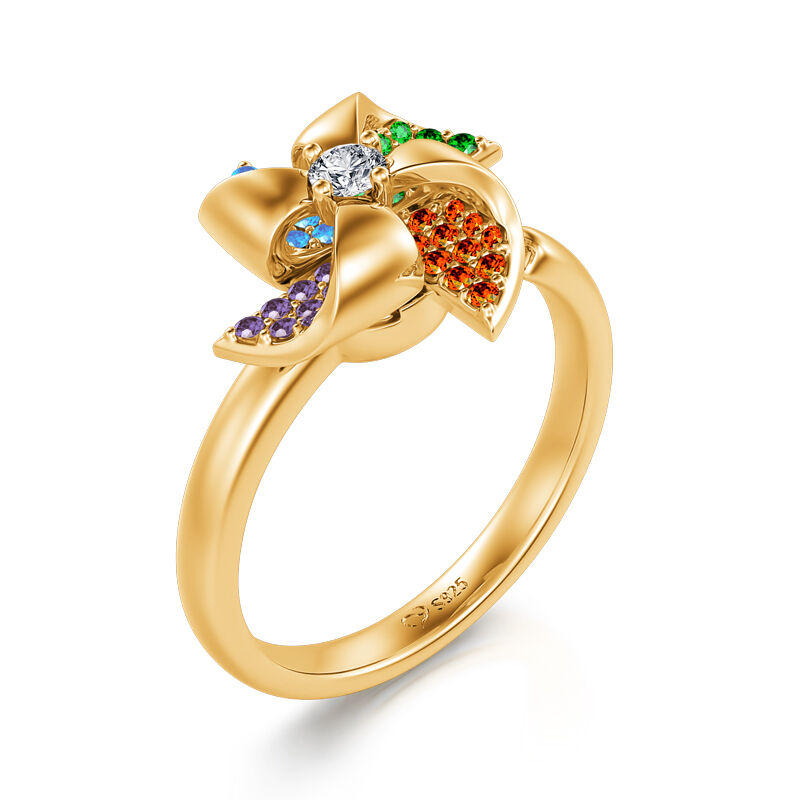
Although more research is needed to fully understand the effectiveness of fidget rings in managing anxiety, the available evidence suggests that these accessories may offer a helpful tool for individuals struggling with anxiety symptoms. By providing a discreet and stylish way to engage in self-stimulatory behavior, fidget rings may help reduce anxiety levels and improve overall well-being. If you’re considering trying a fidget ring to manage your anxiety, it may be worth giving it a shot – you might just find that it provides the calming effect you’ve been looking for.
More Jeulia Post:
Why Anxiety Rings are More Popular?
The Meaning and Significance of Bow Rings
The Enduring Allure of the Serpent: Why Snake Rings Still Reign Supreme

